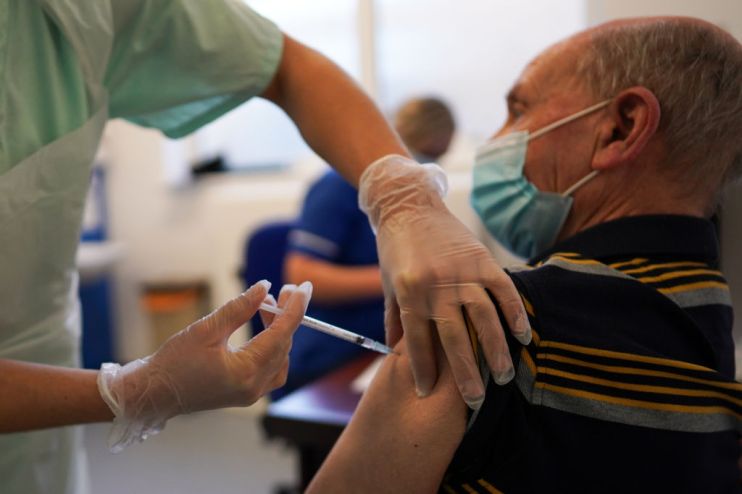UK’s 12-week vaccine delay could have saved lives, study says

The UK’s 12-week delay between first and second vaccine doses could have saved more lives, according to a US study published in the British Medical Journal, suggesting other countries strapped for jabs could adopt the strategy.
The second shots of the Pfizer, Moderna and Oxford/AstraZeneca vaccines are designed to be given three to four weeks after the first dose.
However, the UK, opted for a three to four times longer delay between doses, in a bid to ensure that more people received their first vaccination.
With around 80 per cent protection with both Pfizer and Moderna, the UK’s immunisation programme also found that a single dose of the AstraZeneca and Pfizer vaccines were likely to keep those with Covid-19 out of hospitals.
The US modelling study, from scientists at the Mayo Clinic, found more of the population having a single dose by delaying the second shot would save lives.
Between 47 and 26 deaths per 100,000 people could be prevented if between 0.1 per cent to 0.3 per cent of people under 65 had one jab, with 80 per cent efficacy, the Mayo Clinic, which also has a clinic in central London, discovered.
Despite high vaccination rates in wealthier states like the UK and the US, Germany, Spain and France still lag behind, having less than 10 per cent of their populations vaccinated.
Meanwhile, most countries worldwide have vaccinated less than one per cent of their populations.
The emergence of ‘variants of concern’ has governments and scientists looking for a way to get the world vaccinated, while scrambling for doses.
Delaying vaccines, therefore, could be a way for countries struggling with vaccine numbers to increase immunisation, as “meaningful protection against Covid-19 is probably achieved after one dose of vaccine,” the study said.